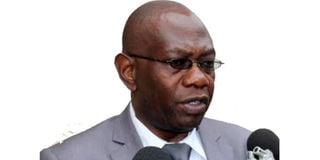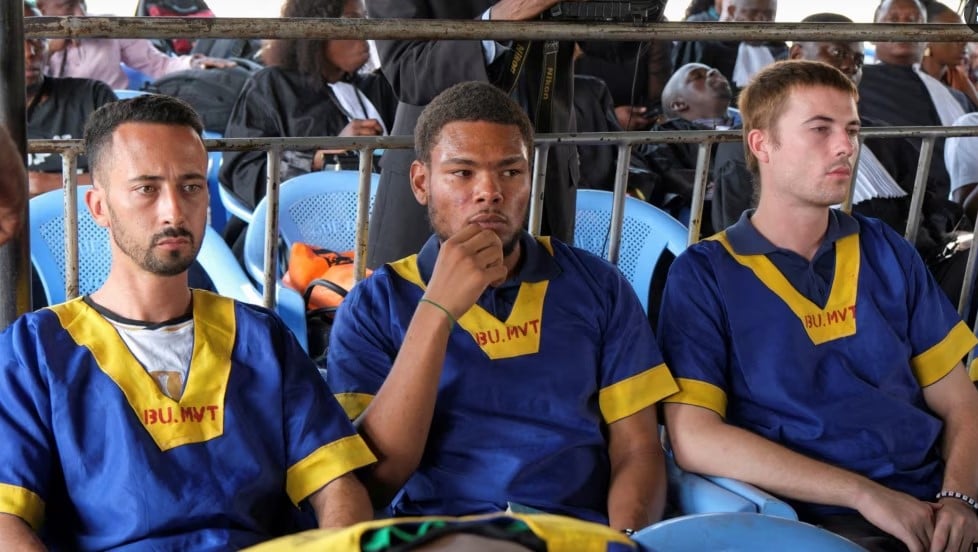Prime
VIDEO: Human rights icon Rwakafuzi speaks out on life after stroke

Human rights lawyer Ladislaus Rwakafuzi. PHOTO/FILE
What you need to know:
- For now, Mr Rwakafuzi is making ends meet for his family by publishing some legal reference materials.
Mr Ladislaus Rwakafuzi, a renowned human rights advocate, is slowly getting back on his feet, four years after suffering a stroke in 2018.
Before falling sick, he was known for fighting for human rights and providing free services to the needy.
In an interview with NTV Uganda, a sister company to this publication, aired on Saturday Mr Rwakafuzi was able to express himself before cameras as well as move a few steps, unaided.
“I feel some improvement now because I can walk without any support,” he said.
His health took a turn for the worse on the night of August 11, 2018, after leaving his office [located at Uganda House in Kampala] for home.
It was after having dinner and retiring to bed that he realised something was wrong.
“I felt like going to the bathroom and so when I tried switching on the light whose switch was above my bed, I could not manage,” he said.
He struggled until finally succeeding to switch it on. The urge to visit the bathroom also became quite serious at this point.
“I felt that I could not walk normally to the bathroom which was a few metres away from my bed,” Mr Rwakafuzi said.
He added: “Then, I realised one of my hands seemed not to be part of me.”
Having sensed something was wrong with his health, Mr Rwakafuzi struggled to get his phone and once it was in his hands, he got hold of his children whom he informed about the issue.
Hospital experience
They were able to quickly reach their father and take him to hospital for urgent medical attention. His wife, who was away for further studies, was later informed about the incident and was only able to pray and hope for her husband’s quick recovery.
As Mr Rwakafuzi was on his sick bed, he heard the word ‘thrombosis’ [a medical term for a clot inside a blood vessel]’ which he suspected partly contributed to his health problem.
Later, he was transferred to Aga Khan University Hospital in Nairobi where he received further treatment and it was while here that doctors also discovered he had diabetes, an illness he never knew he had.
“My heart [also] kept ticking out of tune, something that caused the stroke,” he said.
At the hospital, Mr Rwakafuzi was monitored, observed and given the necessary medical attention before eventually getting discharged. Today, he continues to undergo physiotherapy, a form of treatment intended to restore their mobility.
And, with the continuous treatment, he is optimistic to get back on his feet and continue with his work.
For now, Mr Rwakafuzi is making ends meet for his family by publishing some legal reference materials, including Kampala law reports, which are purchased throughout the world.
“I have not worked for four years now but my children have never starved," he observed.




